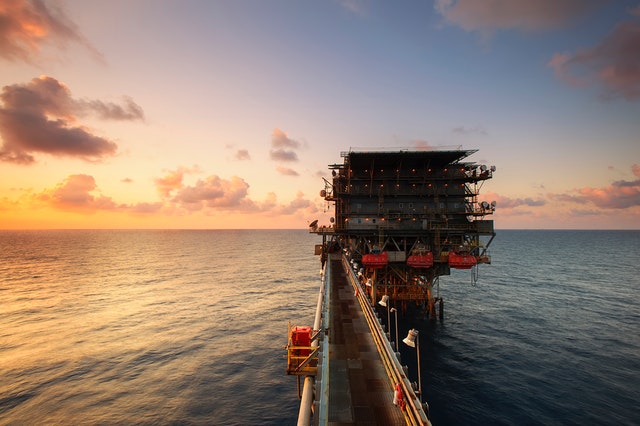
The knock for knock clauses
Oil and gas and offshore sector contracts (survey, drilling, EPC, etc.) contain standardized knock for knock clauses, sometimes referred to as mutual indemnity or hold harmless.
These clauses provide that each party is responsible for the loss of their assets or damage to their employees, even if these damages were caused by the other party.
This regime replaces the classic “fault liability” with one in which “loss lies where it falls”.
In this way, the allocation of losses is clear and immutable from the very beginning of the project and is aimed at simplifying risk management for insurance purposes and avoiding long, complex and costly litigation to ascertain liability.
In accepting or negotiating knock for knock clauses, it is worth paying attention to two key aspects.
The first: not all legal systems consider these clauses valid.
In general, with rare exceptions, English law and common law systems fully accept the regime deriving from knock for knocks, in compliance with the principle of freedom of contract.
On the other hand, the legal systems that refer to civil law, such as, for example, the Italian one, the French one, but also the Russian one and to some extent that of the United Arab Emirates, provide that a party cannot exclude or limit its liability for acts committed with wilful misconduct or gross negligence. For this reason, the knock for knock clauses could be considered ineffective in agreements governed by the law and/or subject to the competence of the Courts of these countries.
The second aspect to consider is the need to be very careful in writing such clauses or in amending their standard text contained in the forms.
Putting exceptions or limits to the rule according to which each party bears its own damages may distort the sense of knock for knock, effectively reintroducing a regime of liability for fault or entailing, in any case, uncertainty in the application of the clause, which could have very serious effects on the insurance cover.
Other aspects may deserve more in-depth analysis: for example, what types of damage are or can be included in the clauses (environmental damages? consequential damages?); or whether subcontractors or affiliates can benefit from the clauses.
Therefore, the knock for knock, indemnity or hold harmless clauses are among the most delicate in contracts in the offshore sector.
(Avv. Andrea Giardini e Dott. Gianluca Gennai – Bologna Office – andrea.giardini@studiozunarelli.com)





